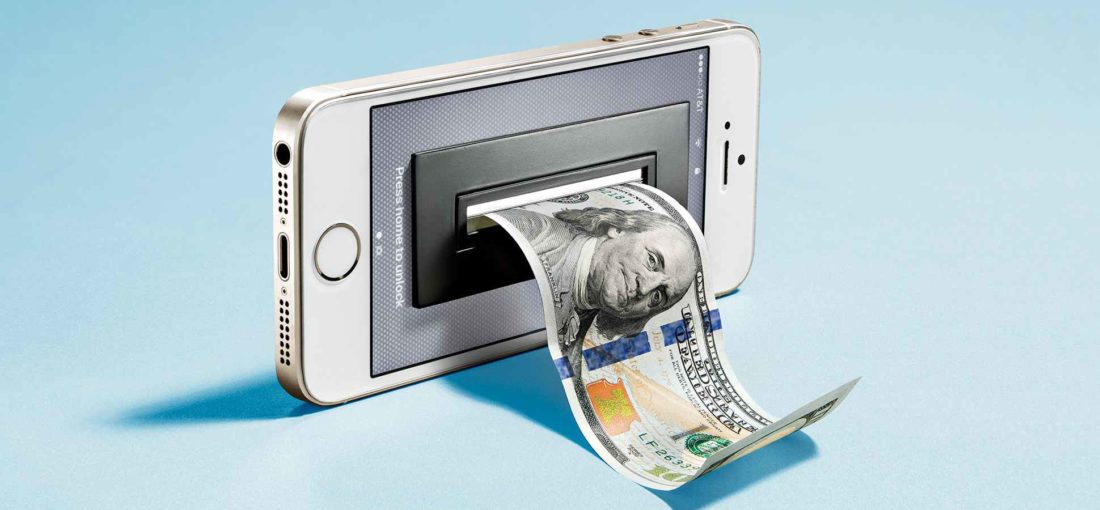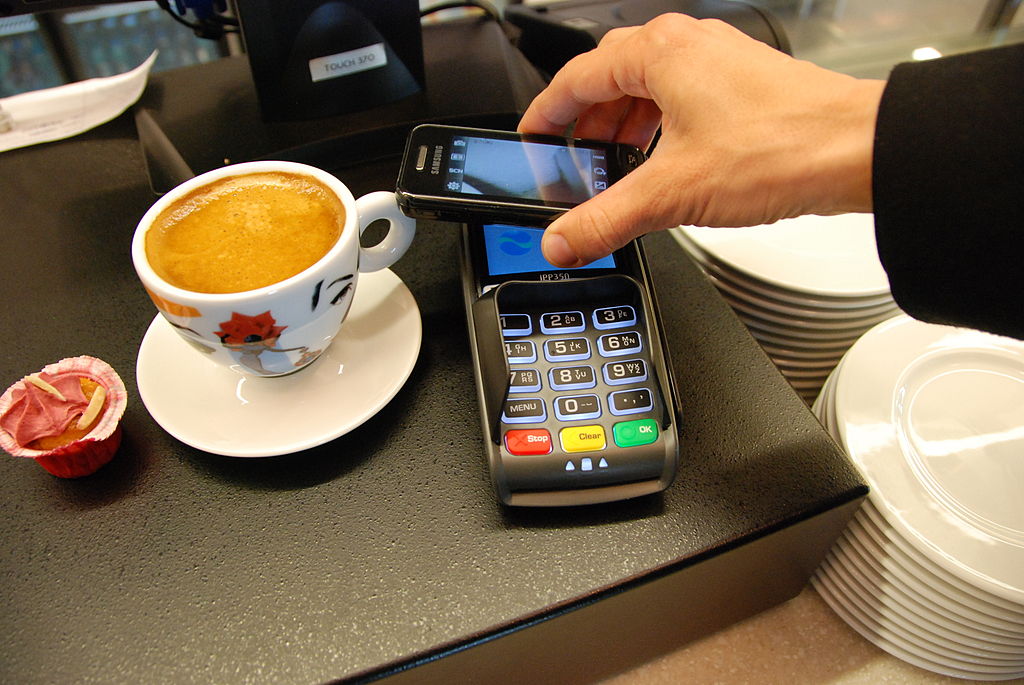The mobile wallet has developed an undue reputation as a tech-forward crutch for people who want to pay for lattes with their phone. In reality, they can do a lot more than facilitate digital payments for the nation’s caffeine fix. In addition to streamlining your experience at the Starbucks’ till, it has a greater financial role to play in the future of the economy. It’s set to disrupt the financial status quo by leveraging services in favor of the unbanked and underbanked. Together, they make up a population typically underserved by the biggest banks. When filled with data-driven, customer-facing services, the mobile wallet can help the underserved access a greater economic inclusion.
 A profile of the financially excluded
A profile of the financially excluded
The latest data suggests one in four Americans is either unbanked or underbanked. While they’re both underserved by the traditional banking system, how they’re excluded from these services will differ case-by-case. The unbanked have absolutely no financial representation by the biggest banks. They don’t hold a checking account or savings account with a traditional retail bank like Chase or Citigroup. To the average consumer who stops by their local branch regularly, this may sound strange, but the Federal Deposit Insurance Corporation (FDIC) measures the unbanked at 9 million households strong.
They’re joined by another 24.5 million households that are underbanked. The underbanked may have a checking or savings account when the unbanked do not, but they turn to non-bank alternatives for additional financial services like personal loans, cash advances, money management advice, debt consolidation, and investment opportunities.
In many cases, the unbanked and underbanked are underserved involuntarily. These reasons include:
- Location: Retail banks are closing their doors at a faster rate than ever before. They may not have the transportation or time to reach the next closest location. If the underserved don’t have access to the Internet, they can’t use the online banking services set up to replace the loss of shuttered branches.
- Finances: Limited finances mean the underserved can’t afford to pay fees or other charges that are often attached to the most basic bank accounts. If they live paycheck to paycheck, like 8 out of 10 Americans do, they won’t be able to maintain the minimum balance.
- Credit history: Some 19 million Americans have limited credit scores and another 26 million are credit invisible. Though they may be responsible when paying bills in cash, the biggest financial institutions see an underdeveloped or low credit score as a bad sign. It can lower their chances of securing a cash loan or line of credit when they need it.
- Schedule: According to the latest publication from the Bureau of Labor Statistics, roughly 15 million Americans work full-time on the night shift, rotating shifts, or irregular schedules. More than a third of workers are also working more than 48 hours each week. A demanding work schedule can make it impossible to visit the bank during their opening hours.
Where the traditional banking system fails the underserved, FinTech picks up their slack and offers alternative ways to bank through the mobile wallet. Mobile banks like Chime and n26 have done away with service fees, minimum balances, and other charges preventing the poor from performing daily banking tasks. These accounts can sync with any digital payment method and make it easy to deposit checks or facilitate online money transfers.
They, like online lenders and investment apps, don’t have a physical location for their customers to visit. FinTech makes it possible to do almost any financial task online, without needing to travel to a branch between specific business hours. Online lenders offer quick payday loans online with fewer complexities to slow down the borrowing process. Meanwhile, robo-advisors place fewer restrictions on first-time investors who want to create a passive portfolio online without navigating the stock market on their own.
At the moment, the mobile wallet’s reputation is that of a digital payment system, but it has a bright future. Though just an emerging industry, FinTech alternatives are already raking in huge market shares. Experts anticipate this will continue to grow as people like the underserved fill their mobile wallets with mobile banking, online lending, and investment apps.
